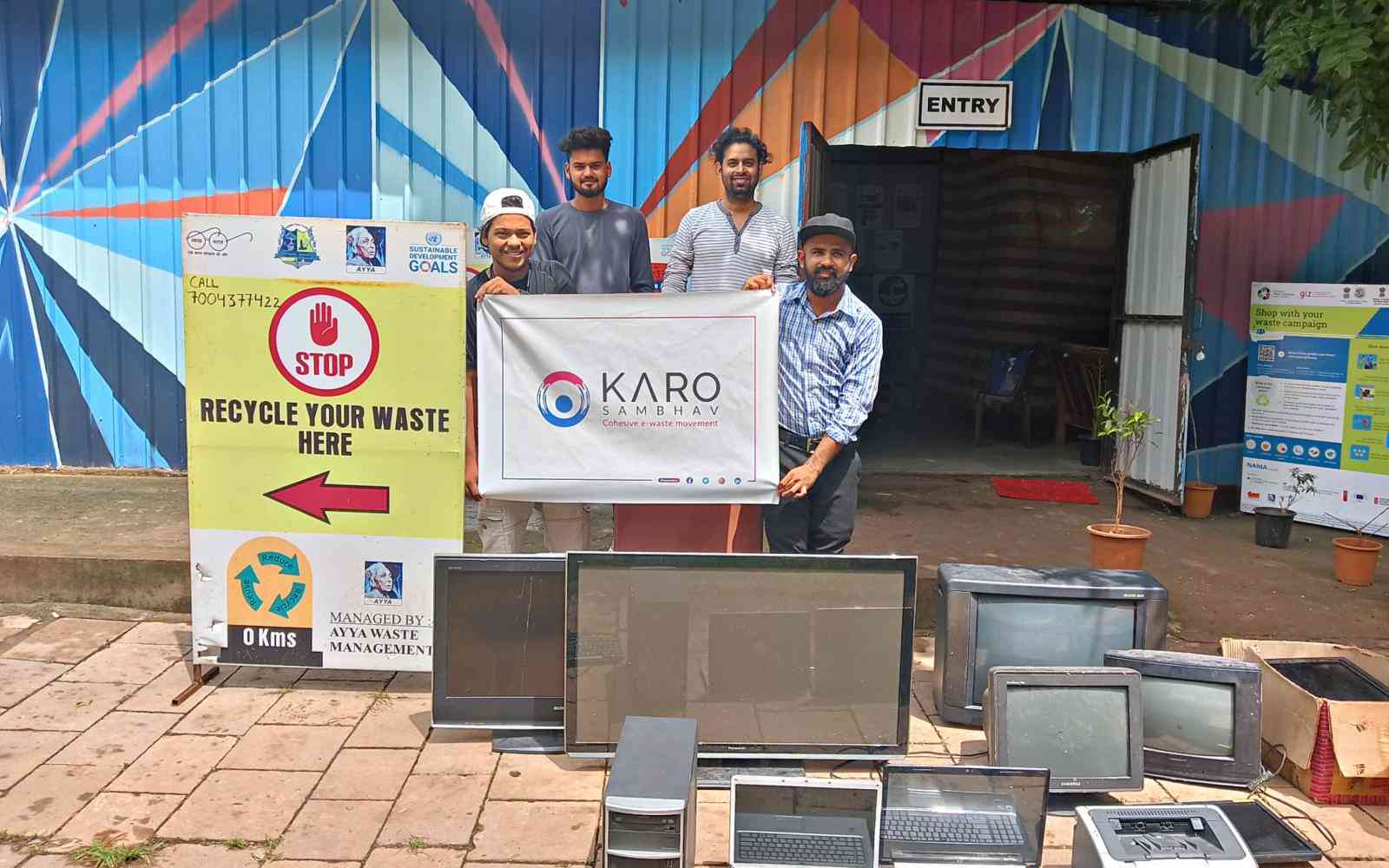Here’s how Karo Sambhav is building circular solutions at scale to India’s e-waste problem
Pranshu Singhal has dedicated his career to finding innovative ways to tackle electronic waste. After two decades working for big tech corporations, he decided to approach the problem with a whole new sense of scale via Karo Sambhav, the circular economy organisation he founded in 2017 that is laying the groundwork for fair and sustainable collection, recycling and reuse of waste from different sectors across India.

